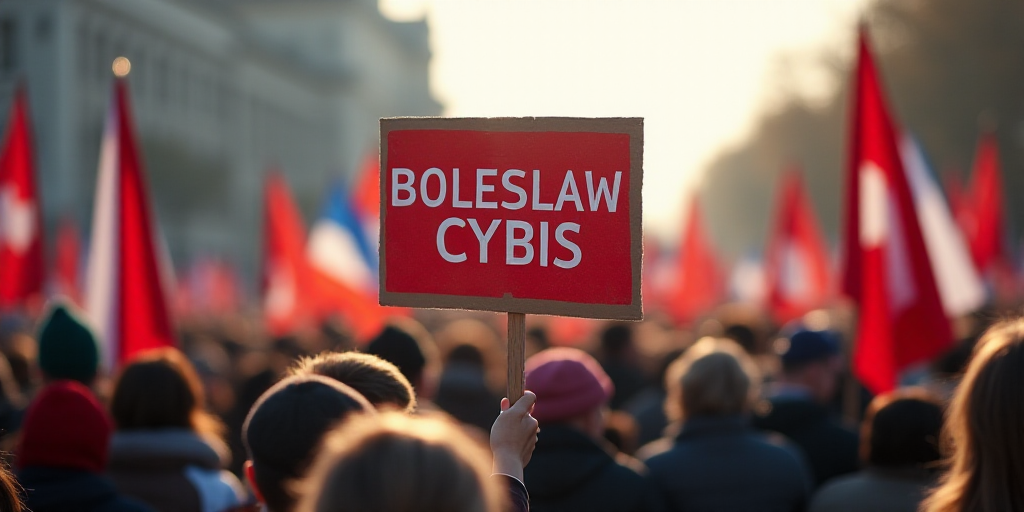Background on Bulgaria’s Euro Adoption
Bulgaria is gearing up for a transition to the euro, the single currency of the European Union, with anticipation of a positive evaluation from the European Central Bank (ECB) and the European Commission by June 4. This assessment will pave the way for Bulgaria to become the 21st member of the Eurozone, abandoning its national currency, the lev.
Key Players and Their Stances
The Movement for Rights and Freedoms (MRF), the third-largest party in the Bulgarian Parliament, has been a vocal opponent of adopting the euro for years. They also advocate withdrawing Bulgaria from NATO and renegotiating its membership in the EU. MR F has aligned itself with Russian official positions, recently signing a cooperation agreement with Russia’s United Russia party led by President Vladimir Putin.
Protests Across Bulgaria
On Saturday, thousands gathered in numerous Bulgarian cities, including the capital Sofia, to protest against adopting the euro. Backed by the far-right Renewal party, demonstrators briefly blocked a road intersection while police secured parts of the city center to maintain peace during the protests.
- Protest Slogans: Demonstrators waved Bulgarian flags and displayed signs such as “Protect the Bulgarian lev” and “The future belongs to sovereign states.”
- Government’s Perspective: The Bulgarian government argues that adopting the euro will help the Balkan nation avoid marginalization in EU decision-making processes and further integrate its export-oriented economy into the bloc.
- Public Opinion: Despite the government’s stance, concerns about rising prices have divided Bulgarians on embracing the euro. Less than half of the population supports the 2026 deadline, according to recent surveys.
President Rumen Radev’s Role
President Rumen Radev has called for a referendum on the accession date and expressed concerns that Bulgaria’s lack of readiness for the euro could exacerbate poverty. He endorsed the protests, stating that public opinion and ongoing debate must be heard.
“The protests we see, the opinion polls, and the month-long debate all show that people want to be heard,” Radev said, as reported by the Bulgarian National Radio.
Key Questions and Answers
- What is the main issue at hand? The primary concern is Bulgaria’s potential adoption of the euro, which protesters fear will lead to increased prices and negatively impact their livelihoods.
- Who is opposing the euro adoption? The Movement for Rights and Freedoms (MRF) is one of the main parties opposing the transition to the euro, along with advocating for Bulgaria’s withdrawal from NATO and renegotiation of its EU membership.
- What is the significance of the upcoming evaluation? A positive assessment from the ECB and European Commission will allow Bulgaria to join the Eurozone, replacing its national currency, the lev.
- What is President Rumen Radev’s stance? Radev supports the protesters’ demands and has called for a referendum on Bulgaria’s euro accession date, expressing concerns about the potential negative consequences of unpreparedness for the euro.






